Networking: How and Why You Should Engage “Friends” (FOC)
Trying to do anything of significance unaided is difficult, let alone provide protection, productivity, and impact to an organization. It’s why the most successful compliance officers and departments rely on their relationships in and out of the companies they work for.
Networking is a critical skill – one that will be as crucial to your success as a compliance officer as it potentially was to navigate your career thus far. As compliance professionals, it’s our job to be the “eyes and ears” of the company, prepared to offer preventative guidance and effective solutions when necessary. To do this successfully requires having a comprehensive view and understanding of the industry, business, and relevant stakeholders. That can’t be done alone.
Seek to establish a network of “Friends of Compliance” (FOCs) within your company that will provide diverse perspectives, identify issues – helping you build smart controls, and create effective alliances. Remember, a solo compliance officer will have a tough time making an organizational impact.
Building Your Network
Research shows there is a common behavioral pattern, called a social exchange, that compliance officers can leverage to help build their FOC network. Social exchange theory essentially states that through a series of interactions, employees build a state of reciprocal interdependence, which leads to mutually beneficial trust relationships.
Building this network will not only increase engagement in your compliance program – which will help achieve sustainable governance – these FOC will be able to highlight blind spots, operational challenges, and obstacles that lead to ineffective policies and controls. As you create programs and processes to provide protection, productivity and impact, your FOC will often become a source of information about business perspectives, strategy, and priorities. The result? This network becomes a secret weapon, boosting diplomacy skills before important presentations or requests for resources. Time spent building an FOC network helps not only the organization, but your reputation as well.
Look at your compliance team as individuals strategically sprinkled throughout your organization, as well as key individuals outside of it. Leverage their different perspectives, skills, priorities, etc., to shape your approach to sustainable governance. Read more in my book: Triple Bottom-Line Compliance

